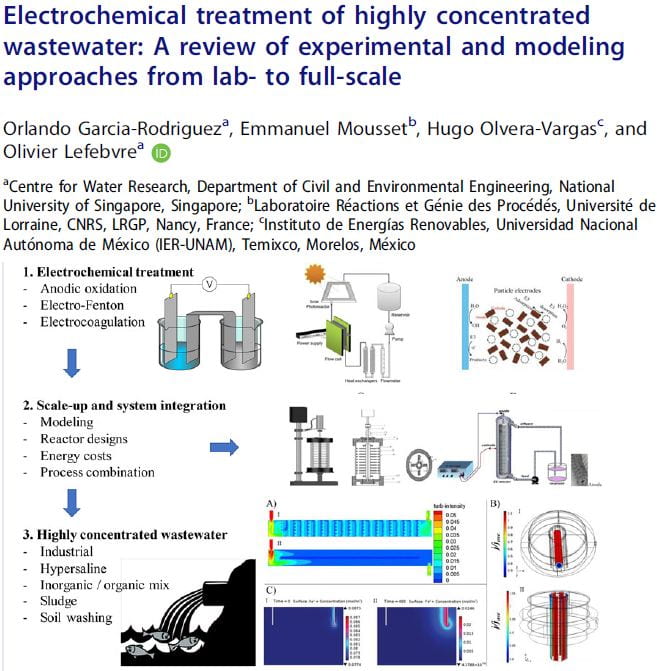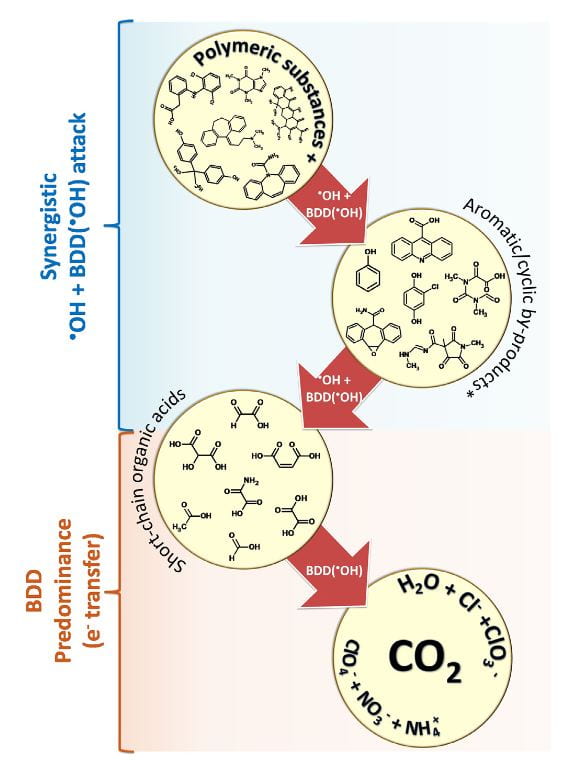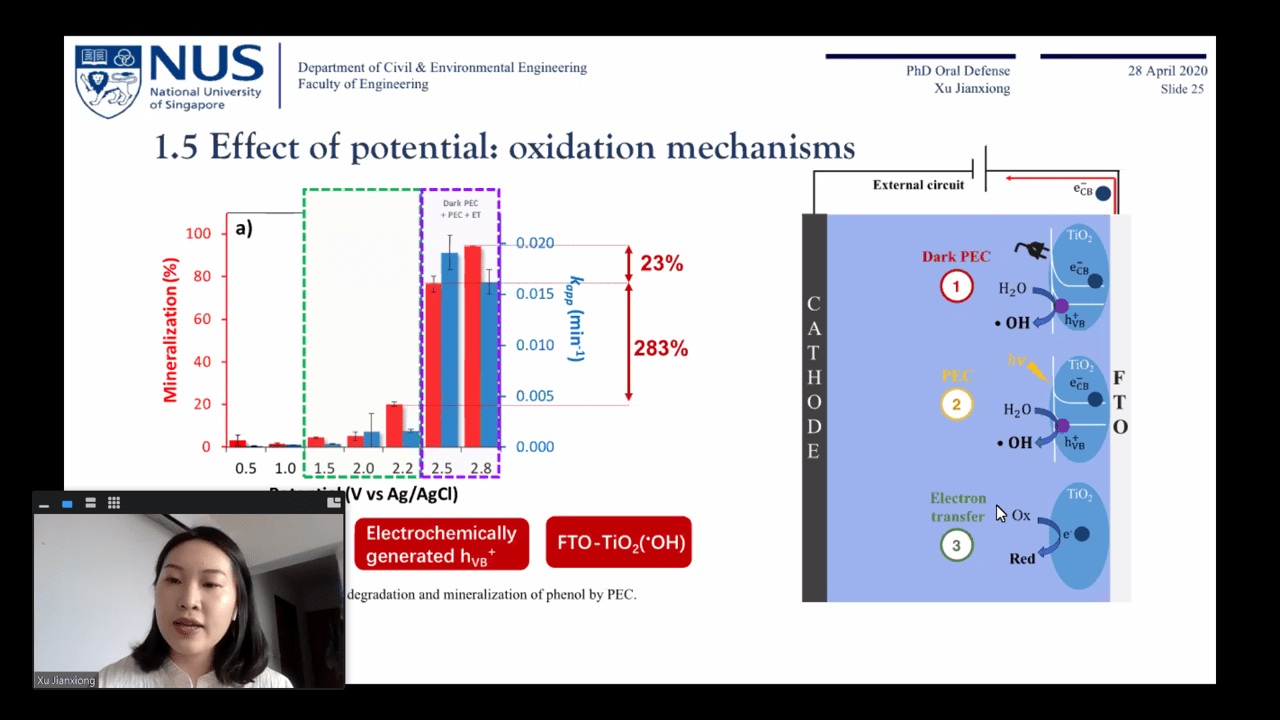Assoc. Prof. Olivier Lefebvre recently took the stage as invited speaker at the 10th International Water Industry Conference (IWIC 2024) in Daegu, Korea. This high-profile event, held alongside Korea International Water Week, brought together global leaders and researchers to discuss cutting-edge water solutions for a sustainable future.
In his talk, “Electrochemical Innovations for Sustainable Urban Farming,” Prof. Lefebvre showcased how electrochemical technologies can transform hydroponic systems, particularly by recycling water in a way that boosts resource efficiency for urban agriculture. His approach offers a fresh path forward for sustainable farming in urban settings, giving cities a powerful tool to support eco-friendly food production without straining water supplies.
Prof. Lefebvre’s insights from IWIC 2024 underscore the potential of science-driven solutions for tackling real-world challenges and point to a future where urban farming and sustainable water management can go hand in hand.













